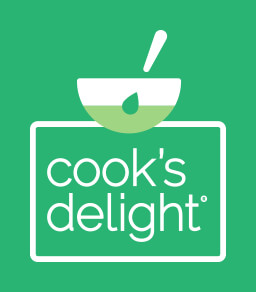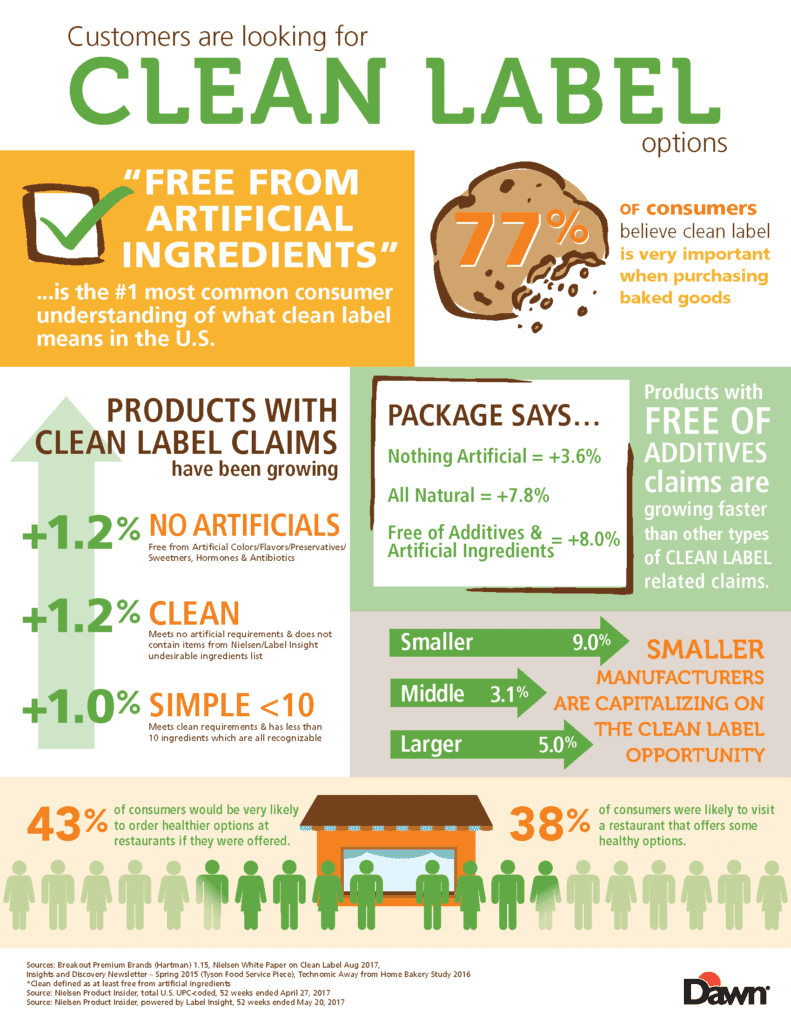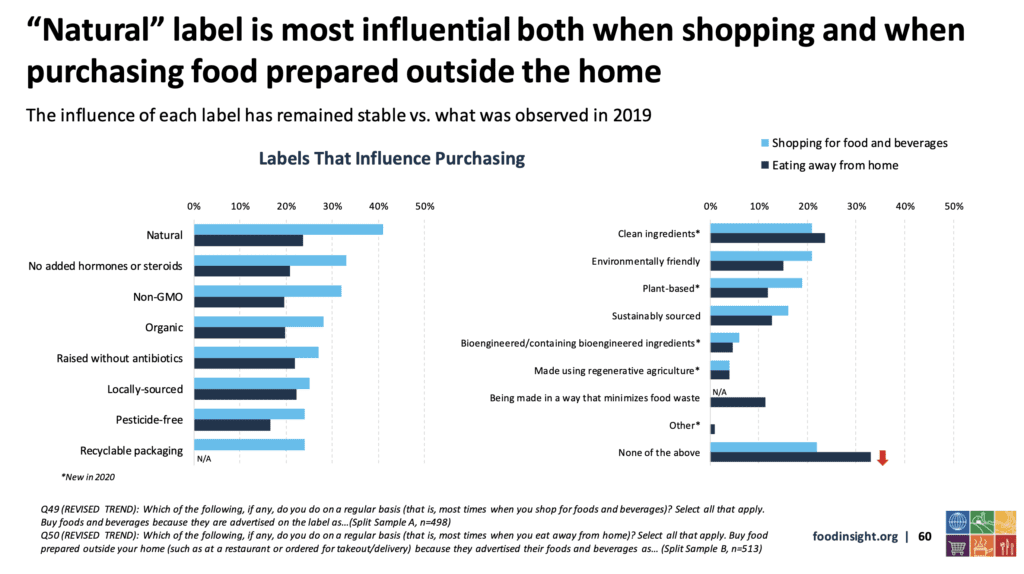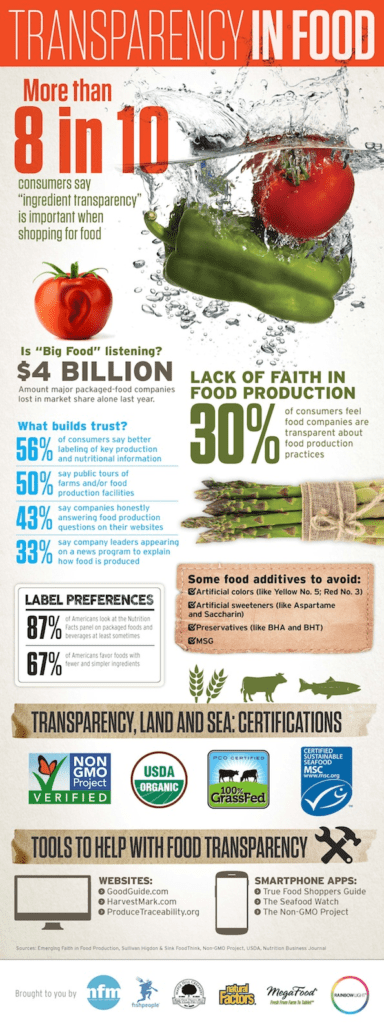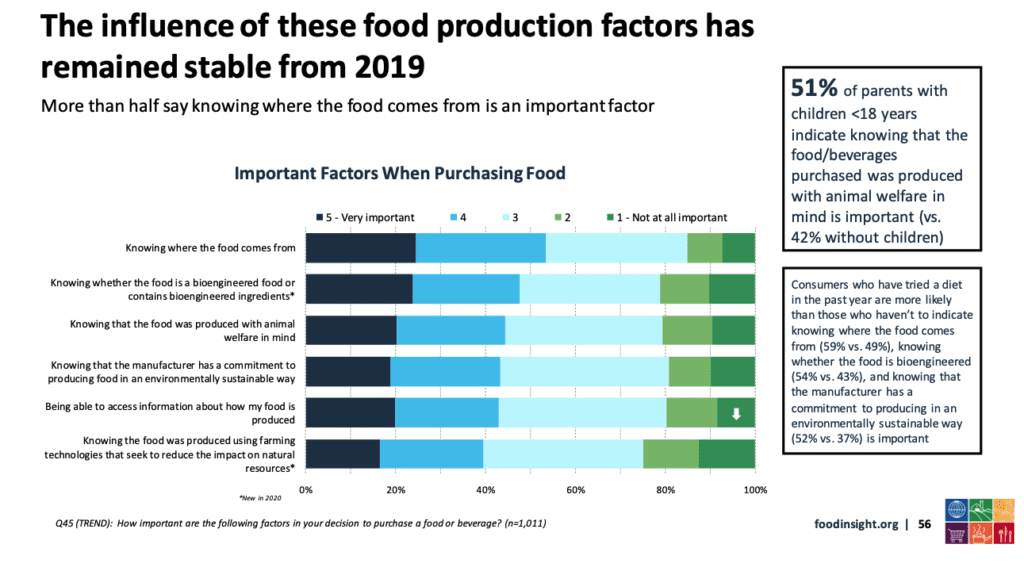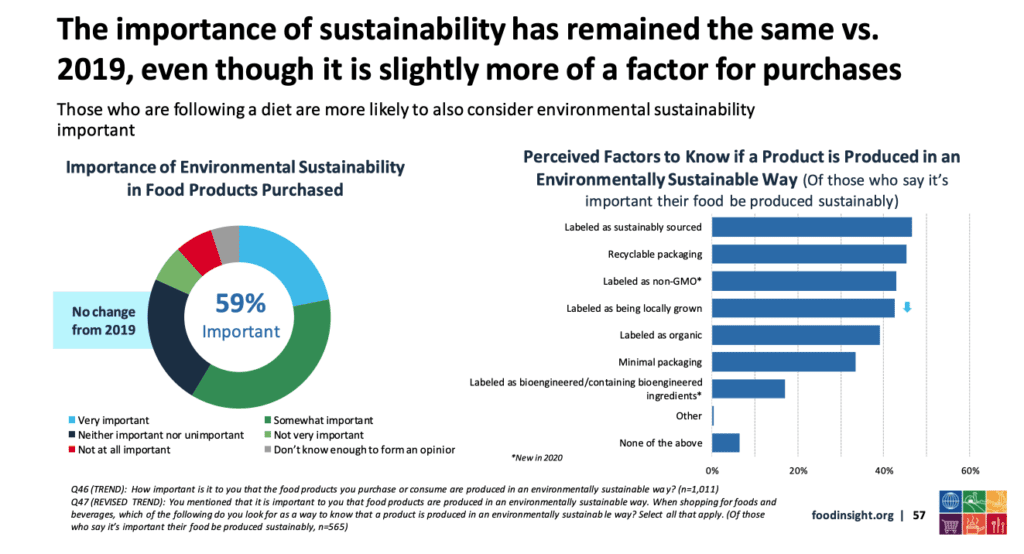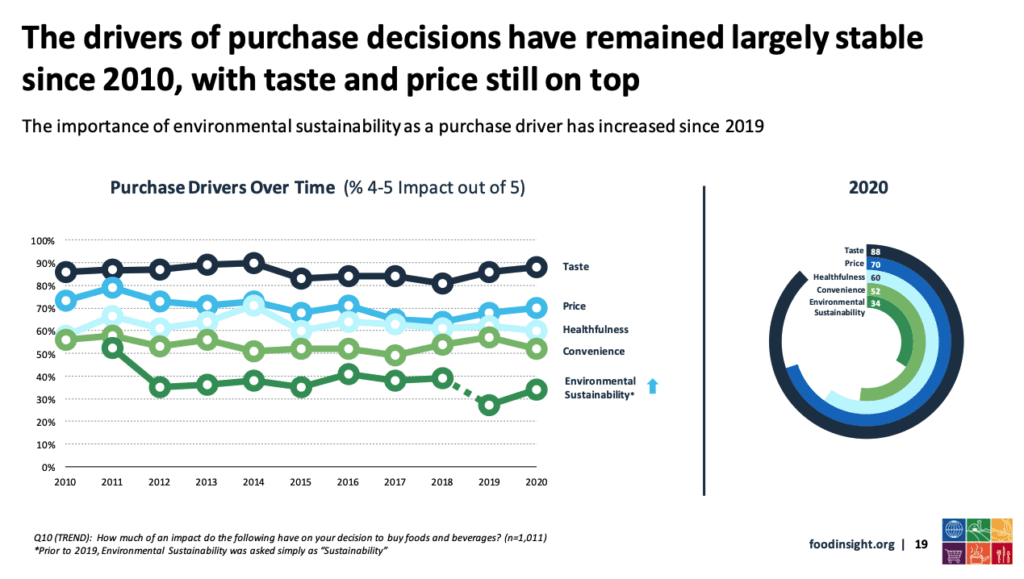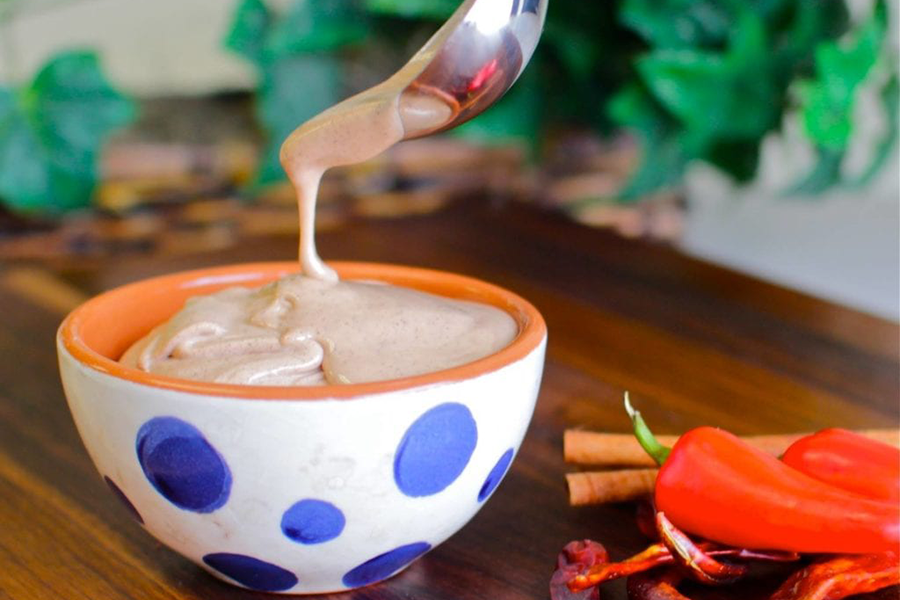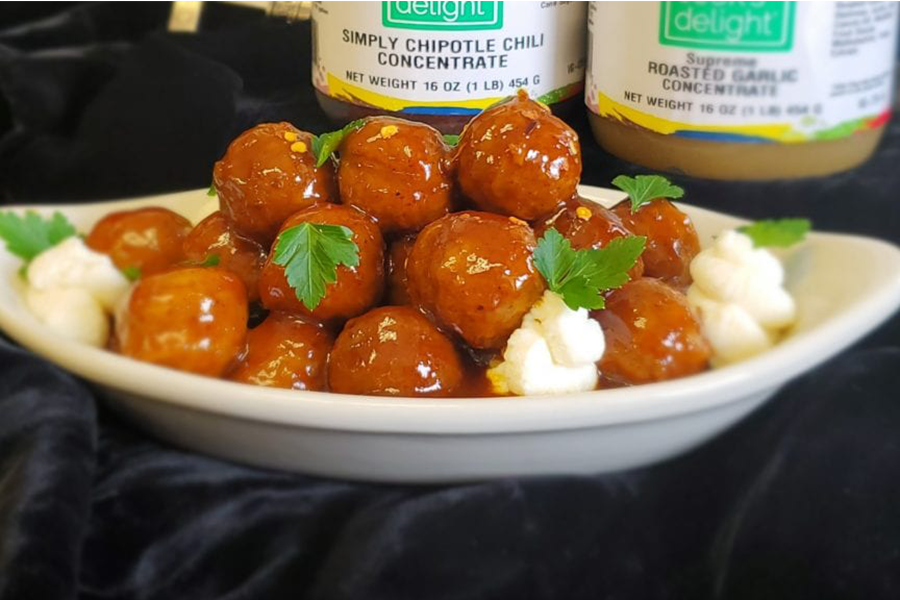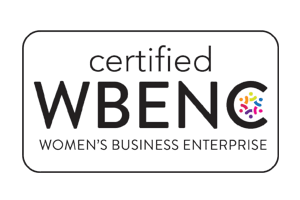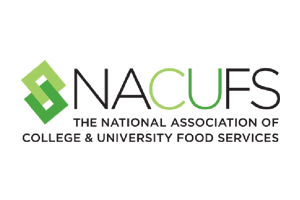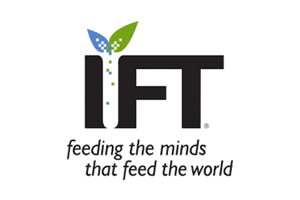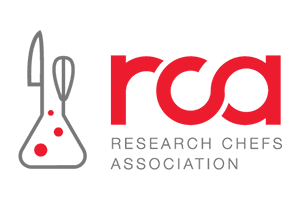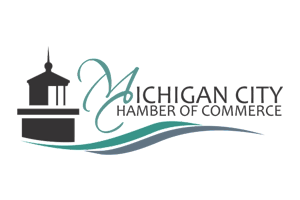How To Choose A Soup Base Supplier For Food Manufacturers: Transparency, Clean Labels, And More
Looking for a soup base supplier? What is the definition of “transparency,” “clean labels,” and more? How important is sustainability, industry certifications and custom flavors? What part should current food trends make in your decision?
We know there is a lot to swallow out there, so we’ve broken down into bite-size bits important considerations to help make your search for a soup base supplier easier and faster.
How Transparent is the Soup Base Supplier?
The concept of transparency in food isn’t going away – in fact, its demand is stronger than ever.
“… a recent survey revealed that consumers hold food companies the most responsible for showing transparency, more so than farmers, grocery stores and restaurants. For food companies, this means that food manufacturing transparency has become an even more critical area of focus to ensure both compliance and customer satisfaction. Transparency has now become a watchword in the food industry as stakeholders are becoming more and more concerned with the quality and source of finished goods.” (Food Logistics)
How Clean – and Clear – is the Label?
According to the NPD Group, nearly 90% of consumers read nutrition facts labeling.
“Consumers are interested in the content of the foods they eat and the nutrition facts label is their best source for this information,” says Darren Seifer, NPD food and beverage industry analyst. “With most food companies working on the health profile of the foods they produce; the nutrition facts label provides them with the ability to showcase these improvements.”
A 2019 global consumer insights study conducted by Ingredion with 30,000 participants in 37 countries found:
- 79% of consumers find it important to recognize a product’s ingredients
- 79% find it important to have a short and simple ingredient list
Consumers aren’t only consulting ingredients lists now more than ever; they are seeking out easy-to-read short labels with names they recognize, can pronounce and from which they can trace their origins. There’s an emphasis on healthy and natural foods and an avoidance of artificial ingredients or synthetic chemicals. Lab-created flavors are out and real ingredients from nature are in. High on the list to avoid are GMOs, MSGs, high-fructose corn syrup, gluten and antibiotics.
Consumers may look for “natural” on the products’ packaging they pick, but they are also aware how confusing the term can be.
“With a rising consumer concern over the lack of regulation on the term natural, more transparent labels with clear and easy-to-read ingredients are making a rise. Packages that meet these criteria are now identified as ‘clear’ labels. This means more clarity on ingredients and specific details on packaging. Clear labels have a wider variety of available information with a focus on that products’ story, ingredients and production … It is clear that transparency in labeling is no longer confined to niche products or the natural sector. It is an industry-wide demand and the food industry is now up to the bat to adapt to these demands in their product development, manufacturing and packaging.” (www.trulygoodfoods.com)
What Does Clean Label Mean for Your Brand?
Even the definition of a “clean” label can vary from one manufacturer to another. It’s important that you know what you and your customers’ clean label requirements are for your projects. Check your suppliers’ ingredients statements and ask for more information if needed.
Clean label is a well-known term in the food industry but like the term Natural, it is not clearly defined. Today’s label conscious consumers identify clean label foods as foods that are:
| • Safe | • No Additives | • Authentic |
| • Natural | • Quality | • Non-GMO |
| • Organic | • Raw | • Simple, Short, Easy to Understand Ingredients |
| • More Transparency and More Information |
“Clean label is holistically about providing simplicity, clarity and trust within the products we consume.” (Cargill)
How does Integrative Flavors® and the Cook’s Delight® brand define clear label? Our definition includes minimally processed products that DON’T contain:
| Monosodium Glutamate | Hydrolyzed Vegetable Protein |
| Autolyzed Yeast Extract | Partially Hydrogenated Vegetable Shortening |
| High Fructose Corn Syrup | Disodium Inosinate |
| Disocium Guanylate | Artificial Color |
| Artificial Flavor | Artificial Ingredients |
Take a look at our blog, “Sourcing Clean Label Ingredients” for more on this topic.
Does the Soup Base Supplier have a ‘No-No’ List?
What kinds of ingredients are on your food base suppliers’ exclusion list? Typically, a no ‘No No’ List includes artificial ingredients, artificial colors, artificial flavors, artificial sweeteners, artificial preservatives and highly processed ingredients. Manufacturer-specific, it may be brief and include the bare minimum. A Comprehensive ‘No No’ List gives R&D and purchasing professionals the flexibility they need for food products within the guidelines for clean label requirements. In a changing market, a solid supplier ‘No No’ list gives you adaptability, allows you to meet the current market and adapt to new and changing tastes. Check out “A ‘No No’ List For Food Production” for more on this subject.
The Cook’s Delight Difference
A ‘No No’ List is a pledge that specific ingredients will not be found in food products. Typically, a No No List includes artificial ingredients, artificial colors, artificial flavors, artificial sweeteners, artificial preservatives and highly processed ingredients.
A ‘No No’ List is company specific and therefor not a universal list. Some companies put the bare minimum on their No No list. At Cook’s Delight, we go above and beyond.
Cook’s Delight® clean label soup bases…
- Always comply with the stringent requirements of No No Lists
- No sacrifice in flavor
- Meet customer standards
- Exceed customer expectations
This gives R&D and purchasing professionals the flexibility they need when developing formulas for food products within the guidelines of the clean label requirements for their customers’ recipes and menus. It allows us to create tastes that your customers need and demand.
Does the Soup Base Supplier take Transparency to a Higher Level?
Today, having a clean and clear label with healthy, simple, and natural ingredients in an easy-to-read format isn’t enough to satisfy customers. There’s a demand to take the clean label a step further. Making up that clean and clear label are not only better nutrition and more transparency regarding what goes into the food product, but others attributes such as environmental sustainability or ethical sourcing.
“Much of the clean label movement is driven by consumers, who are becoming more discerning about food and are demanding products that satisfy their individual needs and resonate with their personal agendas.” (IFT.Org)
According to the 2020 Food & Health Survey by the International Food Information Council,
“Nearly 6 in 10 consumers say it is important that the food products they purchase or consume are produced in an environmentally sustainable way (similar to the 54% who said the same in 2019). 43% also say it is important that a food manufacturer “has a commitment” to sustainability and 40% say the same about knowing food was produced using farming technologies that seek to reduce the impact on natural resources.”
“According to a 2020 Inova Consumer Survey, ‘three in five global consumers say they are interested in ‘learning more about where their food comes from and how it is made.’ This means the term ‘clean label’ has gone from meaning transparency about being Organic and additive-free to also showing how sustainable and humane a product is.” (Edlong.com)
“Most critically, the share who say environmental sustainability has a real impact on their purchases is up from 27% in 2019 to 34%.” (2020 Food & Health Survey by the International Food Information Council).
For more information about the impact of transparency, check out our blog “Keeping Up with the ‘Clean Label’ Movement.”
Does the Soup Base Supplier Have a Supplier Diversity program?
Supplier diversity is a business program that encourages the process of sourcing products and suppliers from minority-owned, women-owned, veteran-owned, LGBT-owned, service disabled veteran-owned, historically underutilized businesses, and SBA-defined small business vendors.
What Are The Benefits Of A Supplier Diversity Program?
“According to The Hackett Group, companies that allocate 20% or more of their spend to diverse suppliers attribute 10%-15% of their annual sales to supplier diversity programs. Conversely, companies that direct less than 20% of spend to diverse suppliers attribute under 5% of sales to their supplier diversity program.”
- Promotes innovation through the introduction of new products, services, and solutions
- Provides multiple channels from which to procure goods and services
- Drives competition (on price and service levels) between the company’s existing and potential vendors
- Allows a company to take advantage of new opportunities for business expansion with the emergence of new consumer needs based upon shifting demographic realities
Integrative Flavors is recognized as a Nationally Certified Woman Owned Business.
“We certified our business as a WBE (woman owned business) because we believe that the certification helps to differentiate our company as one who responds to the needs of the shifting demographic profile in our country. Major corporations and organizations who partner with Integrative Flavors® can receive additional benefits by applying their spend with us toward the diverse spending requirements required by the federal government. Small, medium, local and regionally based businesses and organizations who partner with us can produce significant impact in their local communities by increasing spend and use of quality products, while also promoting job creation at the local and regional level.” Georgeann Palmer Quealy- President
For more information, consult “How a Supplier Diversity Program Can Help Your Company Grow.”
How Important are Supplier Certifications?
Certifications help industrial buyers sort through the market of choice by using established and industry-accepted standards to identify a potential supplier’s commitment to quality, food safety and economic empowerment. A certification shows that a supplier is willing to invest in a continuous improvement process and outside, independent verification of its work product so that its manufacturing partners can be assured of high standards when selecting that supplier partner for a contract opportunity.
“Food safety certification is based on the results of tests, inspections and audits and gives confidence to the consumer because an organization’s products and/or system are being thoroughly evaluated against accepted national and international industry standards by a competent third body … Food safety certification conveys to consumers and the marketplace, as well as to employees and key stakeholders, that a food sector business has successfully met the requirements of a national or internationally recognized best practice approach. Certification by an objective third party can be invaluable to any business as it signifies good governance and corporate responsibility.” (Global Food Safety Resource®)
Integrative Flavors supports its manufacturing partners by investing in the following certifications, among others, for quality, food safety and economic empowerment:
- WBENC (Womens Business Enterprise National Council)
- SQF (Safe Quality Food)
- QAI Organic (Quality Assurance International)
- Lean Six Sigma
- OSHA (Occupational Safety and Healthy Administration) 30-hour training
- SMETA (Sedex Members Ethical Trade Audit)
Want to know more on this subject? Check out “Supplier Certifications = Quality, Standards and Opportunity.”
Is the Soup Base Supplier Able to Offer Custom Formulas?
You know what your customers need – and you deserve a supplier that can help you meet all your requirements. How would you use a custom formula?
When partnering with a company to do a custom formula project, it is important to make sure that:
- The company has the capability to scale up the project to meet your needs.
- You can fulfill any requirements for minimum orders.
- The lead time for the project meets your needs.
- The company formulating the product or another company can package the product how you intend.
As a soup base manufacturer, we have the experience, the expertise, and the creative flexibility to partner with you on custom formula projects. Your customers’ delight is our main metric for success.
Other reasons a company may choose a custom formula over an off-the-shelf stock formula:
- To improve an existing formula.
- To create an organic version of an existing formula.
- To design a proprietary product formulation that is not available.
- To address health concerns for a particular customer segment.
- To conform to a customer’s specific requirements.
You know what your customers need. You deserve a vendor who can help you meet all your requirements. We’re excited to help you get to the next level of flavor.
Want to learn more about custom flavors? Take a look at “How A Customer Formula Can Enhance Your Offerings.”
More to consider …
The seemingly small attributes of a soup base supplier can add up to big benefits including cost savings, time gained, flexibility and more. Be sure to ask:
- How easy is the soup base to use?
- Is it shelf-stable
- Does it deliver a consistent flavor profile?
- How many flavor options are there?
- Are there low minimums on orders?
- Is there a short lead time when placing orders?
- Does the soup base boost flavors in other recipes?
- Can you use it in multiple products and ways?
- What is the cost per serving?
We know there’s so much to consider when considering a soup base supplier. Our quality team at Integrative Flavors can help you transition to a cleaner label for your projects and achieve the level of transparency your customers expect and are seeking. Our requirements are specific because we work with many manufacturers who serve a diverse food service market. We’ve got a ‘No No’ List you can say yes to. We can partner with you to fulfill your supplier diversity initiatives in your manufacturing, food service or brokerage business. Our food scientists create custom bases and more that you can transform into the food your customers demand. With our flexibility and options, you will be better able to anticipate the market and react as needed to any changes. All of our products are shelf-stable and deliver a consistent flavor profile while providing you with the quality, excellence and creativity you are looking for.
You Might Also Be Interested In…
Health trends change and so do our products. With the addition of our new line of Zero Sugar Bases, Cooks Delight provides an option for professional chefs wanting to control the sugar in their culinary creations. Available in chicken, beef and vegetable (both organic and conventional) varieties, the bases are gluten free with no MSG, no Big 8 allergens and no trans fats. These clean label products conform to the guidelines of many popular zero sugar diets as well as KETO, vegan and low carb.
Submit a request for your sample. These bases are a perfect addition to your distribution product line, especially if healthcare providers are a key demographic in your customer base.
